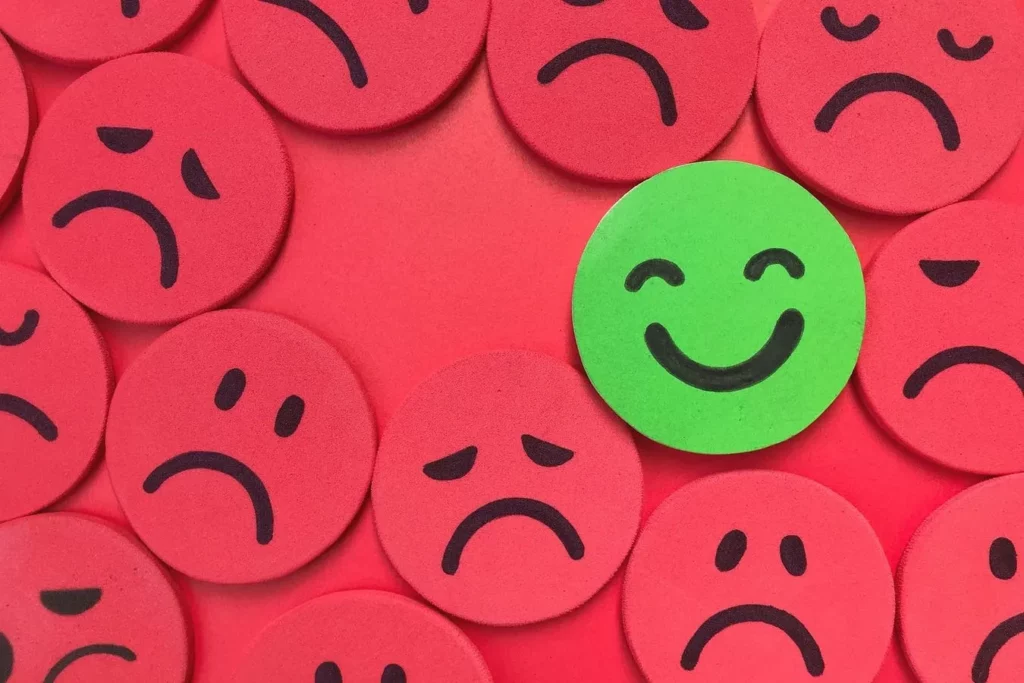
Title: 3 Ways The ‘Stress Paradox’ Fuels Personal Growth
As a psychologist, I’ve witnessed firsthand how stress can have a profound impact on our well-being. While it’s natural to feel overwhelmed by the demands of life, it’s equally important to recognize that not all stress is created equal. There are two types: hypostress and hyperstress.
The first type, hypostress, arises when daily tasks become repetitive and unchallenging. When we’re not mentally stimulated, we can experience feelings of emptiness or restlessness as our minds crave meaningful engagement but remain stagnant. Research suggests that job boredom doesn’t just lead to disengagement; it can also have a negative impact on overall well-being. A study published in BMC Public Health found that job boredom is linked to lower life satisfaction, decreased positive functioning, and increased anxiety and depression.
On the other hand, hyperstress occurs when we’re faced with an overwhelming amount of responsibilities. Chronic stress drains our energy, hinders our focus, and can contribute to a range of health issues, including cardiovascular disease and depressive disorders. While it may seem counterintuitive, even hyperstress can serve as a valuable wake-up call, prompting us to reassess our priorities and make adjustments.
Rather than viewing stress as a purely negative force, I propose that we reframe it as an opportunity for personal growth. By recognizing the signs of both hypostress and hyperstress, we can take proactive steps to address these issues and cultivate resilience in the process.
To illustrate this concept, let’s explore three strategies that can fuel personal growth by harnessing the power of stress:
1. **Seek novelty and creativity**: When faced with monotony or repetitive tasks (hypostress), I recommend setting new challenges, taking on a side project, or learning a new skill. By introducing novelty into our daily routines, we can reignite mental stimulation and satisfaction.
2. **Prioritize self-care and boundaries**: Hyperstress often necessitates establishing healthy limits and prioritizing restorative activities to recharge. This may involve delegating tasks, setting clear personal and professional boundaries, and engaging in regular exercise or relaxation techniques.
3. **Practice mindfulness and time management**: By acknowledging the stress paradox, we can harness its energy to recalibrate our priorities and focus on what truly matters. I encourage you to break tasks into manageable chunks, prioritize self-care, and take regular breaks to recharge and refocus.
In conclusion, it’s essential to recognize that stress is an inevitable part of life. However, by acknowledging the two distinct forms of stress – hypostress and hyperstress – we can transform this experience into a catalyst for growth rather than merely a source of suffering. By adopting these strategies, you’ll not only enhance your well-being but also cultivate the resilience to navigate the challenges that inevitably arise.
Source: https://www.forbes.com/sites/traversmark/2025/04/10/3-ways-the-stress-paradox-fuels-personal-growth—by-a-psychologist/


